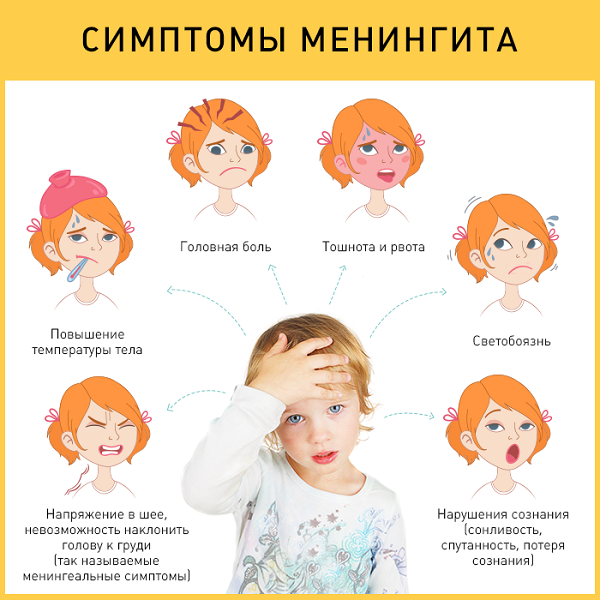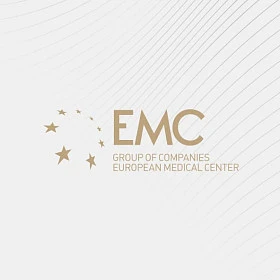There is hardly a person in a civilized society who has never heard of such a disease as meningitis. And everyone understands that we are talking about a serious infection that can become fatal or have severe complications.
Meningitis can be caused by both viruses and bacteria. Among the latter, the most significant are hemophilic bacillus (Haemophilus influenzae B), pneumococcus (Streptococcus pneumoniae) and meningococcus (Neisseria miningitidis). Since the introduction of universal vaccination against hemophilic bacillus and pneumococcal infection, meningococcus has become the most common pathogen of meningitis. In addition, meningitis is not the only disease caused by N. miningitidis. No less terrible is systemic meningococcal infection – meningococcemia.
Children of the first two years of life and older people are most susceptible to the disease.
Symptoms of meningitis
The first manifestations of meningococcal infection are nonspecific: high fever, nausea, vomiting, headache, muscle pain, disorientation. Similar symptoms can occur with viral infections, especially the flu. But the severity of the patient's condition and the rapid progression of the disease make it possible to suspect meningitis. Patients are hospitalized, as a rule, on the first day of the disease. Infection treatment is difficult and lengthy.
Despite modern diagnostic and treatment methods, there is still a risk of death. Among children, the risk of such an outcome of infection is 10 times higher than in adults.
The insidiousness of infection also lies in the fact that it leaves severe consequences even with proper and timely treatment. Complications of meningitis include nervous system disorders such as seizures, hydrocephalus, delayed neuropsychiatric development, mental retardation, ataxia, significant hearing loss, and others.

Prevention
Currently, vaccines have been developed to protect the body from meningococcal infection. They vary in composition, the possible age of initiation of vaccination, and the frequency of administration of the vaccine. For example, until recently, vaccines were available, the introduction of which was allowed only in children over 2 years old. But sometimes it may be too late. Since 2013, the European Commission has decided on routine vaccination of children in the European area from the age of 2 months. A monovalent vaccine is used, that is, it protects only against meningitis caused by one type of bacterium (serotype B). Drugs that provide protection against several serotypes (C, B, Y, W135) have been used since the age of 9 months. In Europe and North America, meningitis vaccination is mandatory.
It is very important to vaccinate those who travel to the regions where the infection is most common. These are the countries of North Africa (the so-called Meningitisbelt), such as Guinea, Burkina Faso, Nigeria, Chad, Sudan, Ethiopia. Vaccination is also mandatory for those who go on a pilgrimage to Mecca. At the same time, it should be borne in mind that for those planning to travel to these regions, a single (routine) vaccination will not be enough.
One of the vaccines against meningococcal infection is also available in our clinic. Consult a pediatrician. Perhaps you should vaccinate your child tomorrow?












.webp)





.webp)






